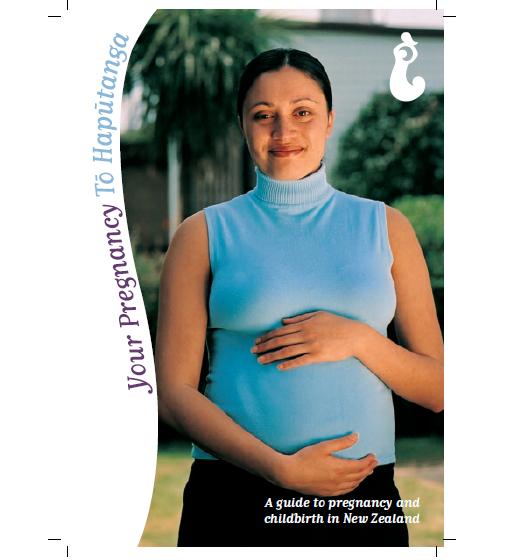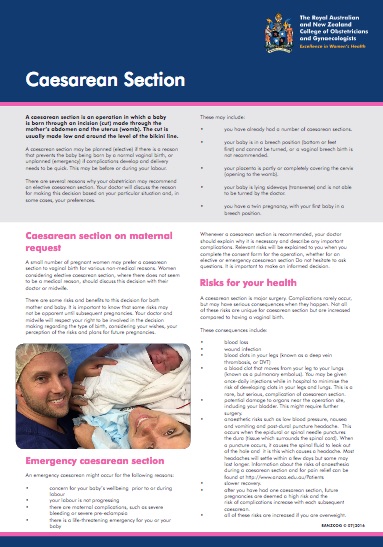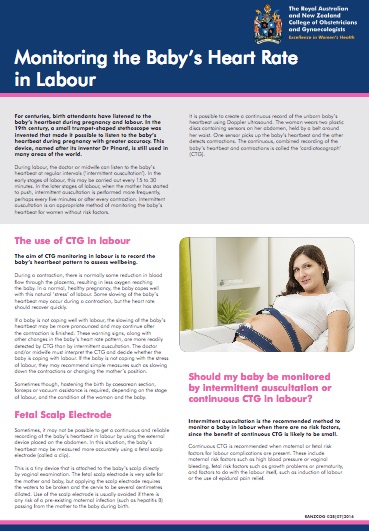The earlier premature birth is recognised, the better the outlook for the baby. If you have any of the 'ABCs' of premature labour listed below, you should contact your LMC straight away. Usually, an examination and assessment of you and your baby are needed. Sometimes you may need to stay in hospital for observation and treatment.
The ABC of premature labour
A: Abnormal vaginal discharge: Watch for vaginal discharge of water or mucus – sometimes there'll be a small amount of blood. The breaking of the bag of waters around the baby can cause a gush of fluid. This is often one of the first signs of being in premature labour.
B: Bleeding: Vaginal bleeding should always be checked out with your LMC. A ‘show’ is a discharge of mucus and blood that happens before labour starts. It's when the plug in the neck of your womb (the cervix) comes away as your cervix starts to open.
C: Contractions: It can be difficult to tell if contractions are labour contractions or just practice contractions, called Braxton Hicks. Braxton Hicks contractions aren't usually regular and, while they can be uncomfortable, they don't become stronger or more painful over time. They can become more noticeable if you have a full bladder. Try going to the toilet – Braxton Hicks contractions may settle down if your bladder is emptied.
Painful contractions occurring regularly every 15 minutes over a period of more than an hour may mean the start of premature labour. To time the contractions, use your hand to feel your uterus tighten, become hard and then relax. A contraction may last from 30 seconds to about 2 minutes. Time how long it takes from the beginning of one contraction to the start of the next one. Contact your doctor or LMC if you think you're having regular contractions and could be in premature labour.
D: is for Don’t know! Sometimes you just don't know if what you're feeling is OK. Abdominal cramps, pelvic pressure and lower backache can mean labour is starting. You can experience nausea (feel sick) and diarrhoea (runny poo) which can cause bowel pain and discomfort. But these things can happen if you're not in labour too.
It can sometimes be difficult to know if labour is starting. If you feel that something is different call your LMC without delay. They will be able to ask the right questions and decide if anything more needs to be done.
|










